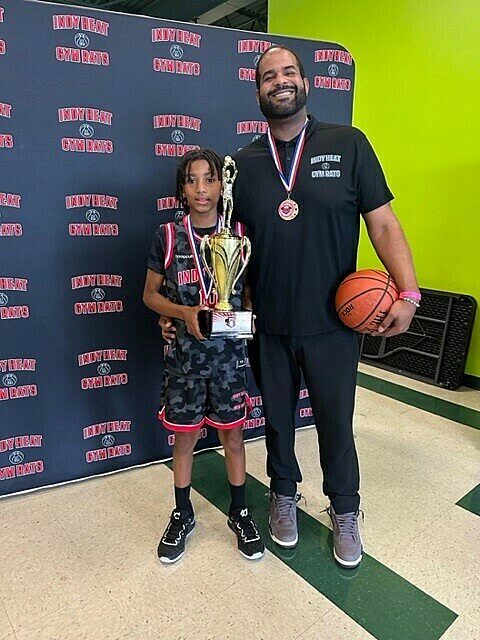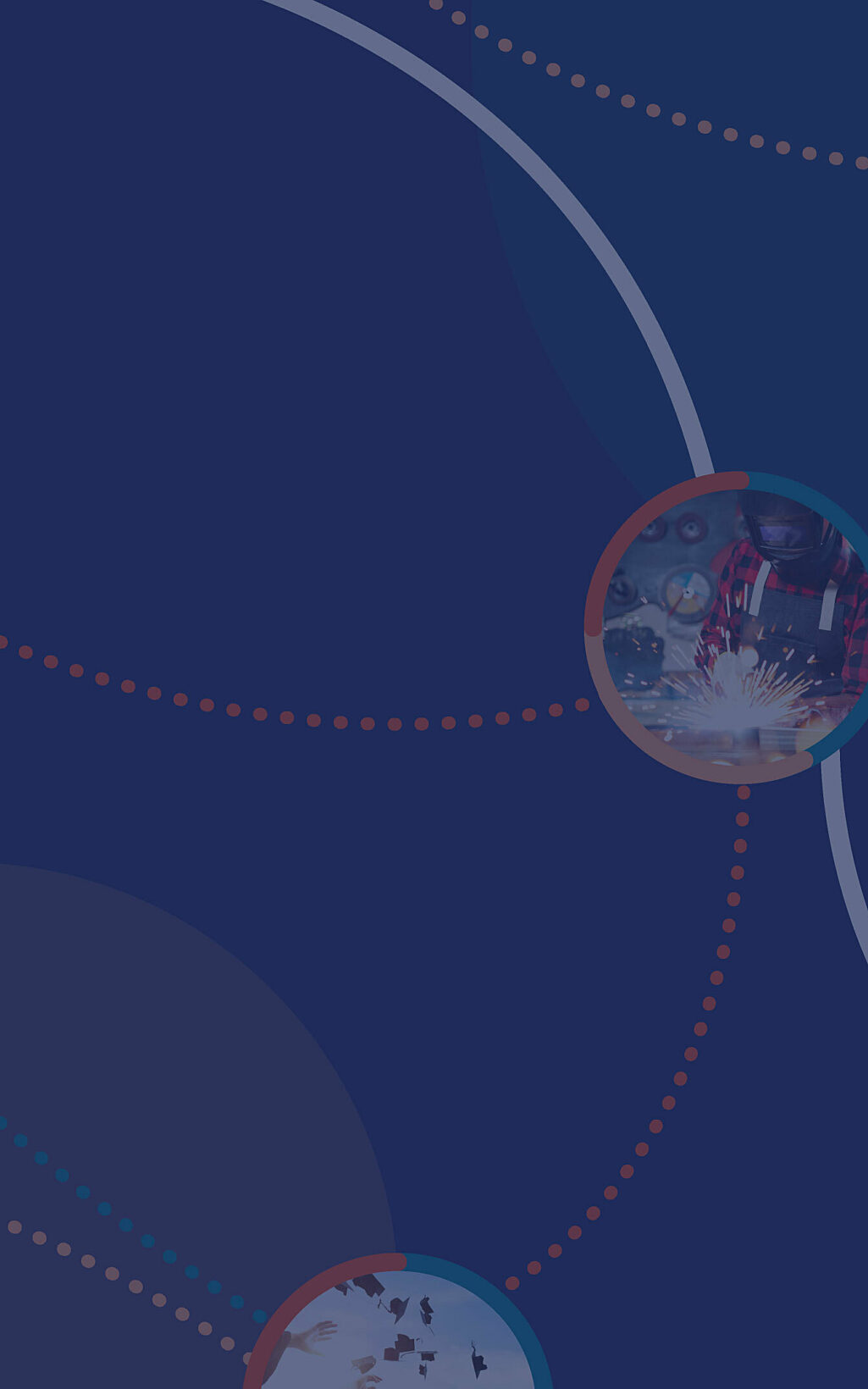
As parents of a 10-year-old boy, my wife and I often think about, and discuss, our son’s future. We ponder such things as what will happen to him after high school, what his profession will be, and where he will live. We have these conversations not only with each other but also with him.
At his age, he is not informed enough to choose a career, discuss postsecondary level training, or even have an educated discussion about his future. What he is old enough to do is start understanding what he does and does not like. That is the first step for a young person in working through a healthy process of determining a career pathway.
The following information is one way, it seems to me, a journey to a career can play out.
Awareness: We often assume that children just know about the multitude of industries, business types, and careers that exist now or will in the future. But they don’t know. At a basic level, most preteens do not understand the difference between being an entrepreneur and entering the existing labor pool—or maybe doing both at the same time. It is beneficial, then, for a young person to learn about all the options available to them. They do not have to select a profession at this stage; they just simply have to learn about all the opportunities. While most believe this stage is to “choose” an occupation, it isn’t. For many, it is learning what they like and don’t like.
It may also include pointing out that most buildings in their community are someone’s business or a particular profession. Understanding the basics of career classifications can help children narrow what they believe are their interests. Do they want to do something where they provide a service to others? Do they want to work in an office? Do they want to fly airplanes? There are so many ways to approach the questions. Helping them formulate answers will spark an interest in them to figure out what’s next in their lives.

Preston and Edmond O'Neal (left to right)
Exposure: Once a young person has a general idea of the direction of their career, they can be exposed to professions within that industry or category. This can be accomplished by reading available information, watching YouTube videos, or connecting with someone experienced in the profession. The most valuable way is experiencing it for themselves. Having an opportunity to tangibly experience a profession, even if only for a short time, gives a young person a sample, usually enough to determine if it is at least a viable option for their future. This could be done through informational interviews, visits to businesses, or conducting independent research. The narrowing of the field will be helpful as they begin to enter the next phase of their journey, hopefully with fewer options under consideration.
Education: Once a young person has some understanding of the profession they would like to pursue, they can begin to understand what type of education is required to achieve that goal. For some, it may be the education received at the secondary level and real-world experiences. For others, a progression of education up to a doctoral degree or highly specific certification could be required. Understanding this portion of the process could change a young person’s mind about the career they pursue.
Experience: The last step is to gain experience in the profession. This usually happens for high school and postsecondary students through various forms of work experiences, such as site visits and job shadowing. It can evolve into internships and apprenticeships. This will provide the most in-depth understanding for the young person and could also provide another opportunity to pivot to. This is also the time frame when young people begin to truly embrace a career-pathway progression within a specific occupation. In healthcare, this could be starting as a CNA, with the ultimate goal of becoming a nurse or doctor. There are many other options along the way once they are engaged.
I see this cycle happen for youth and for adults who are transitioning careers or who simply started their process later in life. Our nonprofit organization, Northeast Indiana Works, strives to create a system for youth and adults that provides the entry and exit points for training, retraining, and experiential learning related to the workforce. We help people find their passion and be skilled enough to pursue it.
Which brings me back to my 10-year-old son, Preston, who currently wants to be a professional basketball player—or an architect. I don’t believe he truly knows what it takes to achieve either goal, and I presume that his goals will change over time. I do know that right now he has a passion for both, and that every interaction he has in life may give him his next clue to find a career he truly loves. My wife and I will continue to support, and possibly guide, his interests. For him, it happens during family trips with the things we see, connecting him to family friends that can tell him about what they do, and encouraging him to explore and engage.
